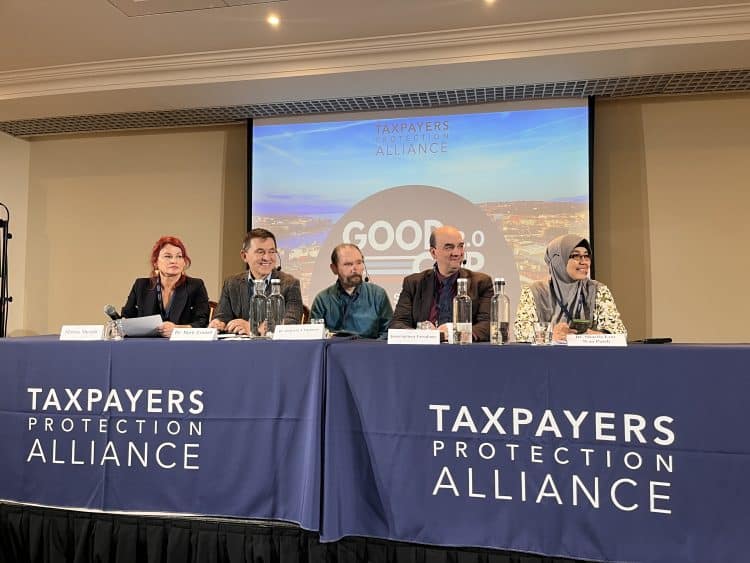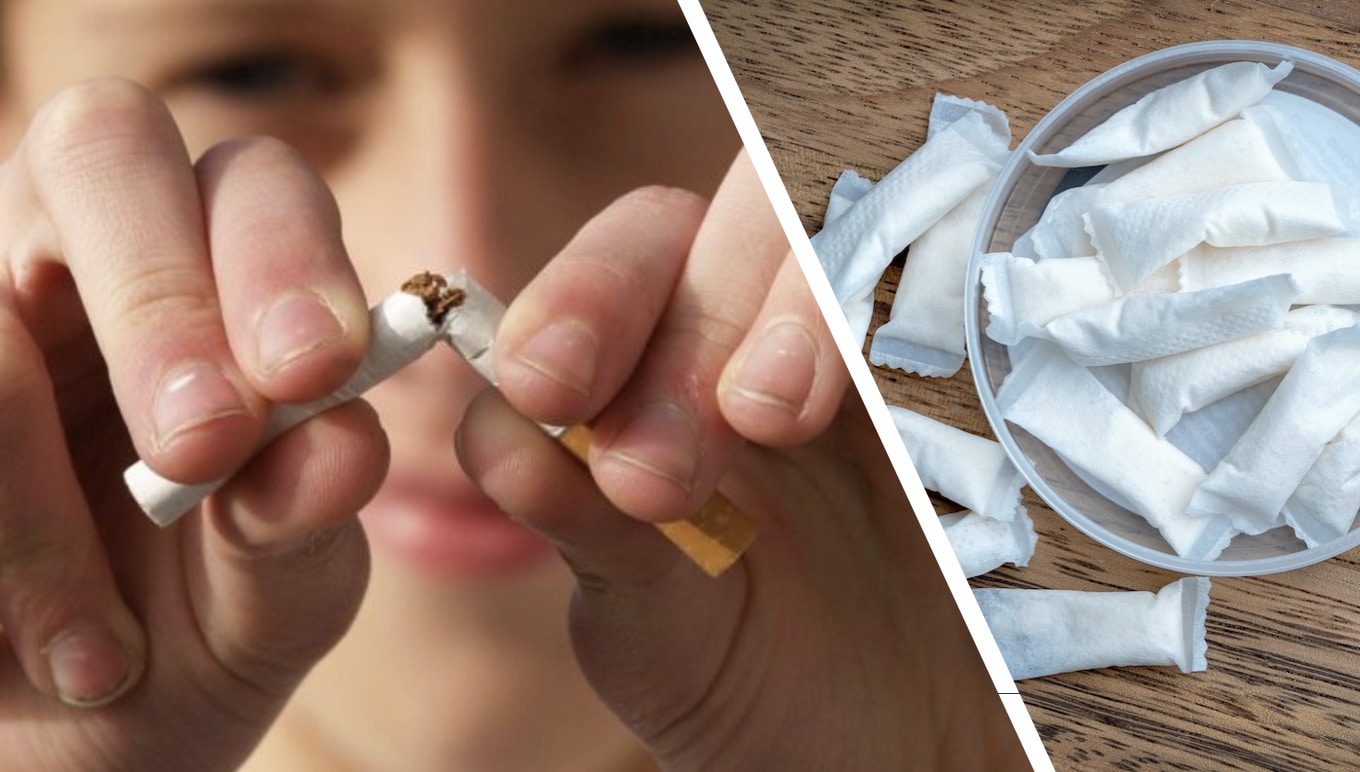
COP11: Why harm reduction science is a battlefield
As COP11 delegates huddled behind closed doors in Geneva, a panel of researchers gathered nearby to examine the politicization of tobacco harm reduction science and its consequences for public health.
Titled “The Battle Over Science” and chaired by Haypp Group Senior Director of Scientific Affairs Dr. Marina Murphy, the panel brought together global experts in medicine, public health, and toxicology to expose how the war on nicotine is undermining both trust in science and the future of smoking cessation.
The panel was organised by the Taxpayers Protection Alliance (TPA) as part of the group’s “Conference of the People (Good COP)” to give a voice to experts and consumers interested in discussing tobacco harm reduction who are often prevented from participating in official COP proceedings.
“We rarely hear discussion about cigarettes; it’s pretty much all about nicotine, ” said Murphy in her opening remarks.
She went on to accuse the World Health Organisation (WHO) and anti-tobacco advocates of only being interested in science that supports that position.
“The question is whether the WHO has wandered outside the realm of science in its narrative around nicotine,” she added.
‘Why don’t people just stop?’
Dr. Mark Tyndall, a Professor of Medicine at the School of Population and Public Health, University of British Columbia who worked on harm reduction during the HIV epidemic, sees a number of alarming parallels with the current discussion around tobacco harm reduction.
“That there was a discussion in the middle of an epidemic about whether it was good to give people condoms is crazy in retrospect,” he said.
Yet today, he saw parallels to that time when people are now asking why smokers should be able to consume nicotine via less harmful products.
“It’s the return of abstinence thinking,” he said.
“These people don’t care if it’s 50 percent safer or 99 percent safer. That’s not their point.
It’s really about trying to get people to stop using any of it.”
Science ignored, risks distorted
Dr. Roberto Sussman, a senior researcher at the National Autonomous University of Mexico (UNAM), discussed the dangers of combustion in cigarettes compared to vaping and heat-not-burn products.
For him, the science is clear about the relative safety of alternative nicotine products compared to cigarettes.
“Anyone denying the relative safety of non-combustible products is denying science. It’s the equivalent of anti-vaxxers or flat-earthers,” he said.
He felt it was “very disappointing” that so many institutions adhere to what he termed “pseudoscience” that exaggerates the risks of vapes and heated tobacco products.
“The presence of smoke is what causes disease,” he said. And tests of e-cigarette vapors versus cigarette smoke make the difference clear.
“A chromatogram doesn’t lie,” he added.
Public health without accountability
Dr. Konstantinos Farsalinos, a cardiologist and researcher fellow at the University of Patras in Greece, argued that the global tobacco harm reduction debate has become “political and emotional rather than a science-based discussion”.
He said the evidence for alternative nicotine products in reducing harm is “undisputable”, noting that countries endorsing such measures have successfully lowered smoking rates, while those banning them have seen progress stagnate or be reversed by black markets.
“Anyone who attempts to present it as a scientific debate is simply ignoring science,” he added.
Attempts by the WHO to “shift the goalposts”, as Murphy put it, but changing definitions is, according to Farsalinos, “politics infiltrating science”.
The proliferation of sub-standard, ideologically driven science – and a refusal by those researchers to accept new evidence – has impacted people’s perceptions of harm reduction.
“There is a deviation between what the science is saying and what people believe about harm reduction,” he said.
‘We don’t live in a perfect world’
Professor Sharifa Ezat Wan Puteh, University Lecturer at the National University of Malaysia, grounded the discussion in pragmatism.
“A nicotine-free world is an idealistic view,” she said.
“We don’t live in a perfect world, unfortunately.”
She listed countries like Japan, New Zealand, and the UK, all of which have adopted a harm reduction approach to varying degrees, resulting in a shift away from cigarettes to safer alternatives.
Ezat Wan Puteh also highlighted the importance of recent reviews by the Cochrane Library looking at the viability of alternative nicotine products as smoking cessation tools.
“Harm reduction saves lives,” she said.
“We should invest in it, especially for smokers who can’t quit using traditional methods.”



